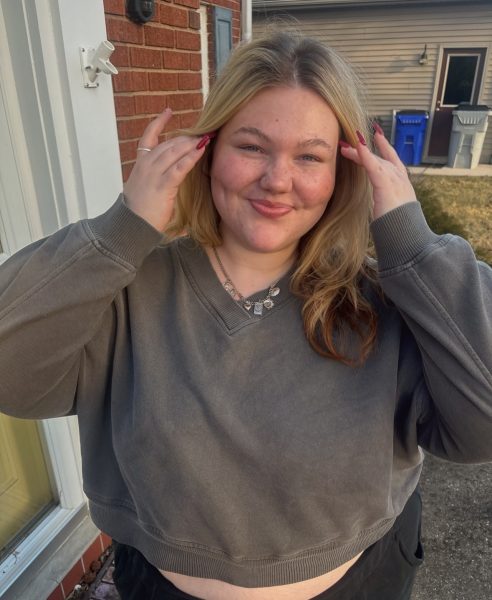Illinois Humanities lost a third of its funding to DOGE cuts, causing uncertainty for cultural arts groups nearby, including Millikin’s “Shakespeare Corrected.”
Illinois Humanities (IH) and its partner, the National Endowment for the Humanities (NEH), are being targeted by Department of Government Efficiency (DOGE) cuts.
The NEH operating grant has been terminated for the time being. According to IH, the grant provides roughly a third of their annual budget.
IH and NEH work to provide public humanities experiences for free throughout Illinois. This includes educational events, culture and art programs, grants, and more.
One of the programs offered by IH is called “Envisioning Justice.” Started in 2017, the Envisioning Justice program offers art and humanities experiences and grants for people and organizations that are involved with the carceral system.
Envisioning Justice has six community hubs that are designed to work with areas of mass incarceration in Illinois.
According to the Envisioning Justice website, community hubs are designed to educate and inform Illinoisans about issues related to incarceration that impact their community.
One of these hubs is located in Decatur.
“I have been asked to be the director of the Decatur Hub of Illinois Humanities,” Alex Miller, Millikin School of Theater and Dance professor, said. “I have already informed Illinois Humanities that we will continue to serve as the Decatur Hub even if we receive no financial backing.”
Miller is also the Executive Director for Shakespeare Corrected at Millikin, which was founded in 2012. This program is an extension of Decatur’s Envisioning Justice Community Hub.
The Shakespeare Corrected program is a class offered to Millikin undergraduate students that allows them to work with marginalized individuals and create a collaborative artistic theater experience.
“This is the only program where students independently run multiple aspects of the program that result in a fully mounted production,” Miller said.
The students in the Shakespeare Corrected class work with members of the community and local organizations, like the Decatur Correctional Center. They spend many hours a week for months preparing a production.
Miller also shared that the program can help incarcerated individuals spend less time in the carceral system, which helps the local community, but also helps statewide financial well-being.
Since Shakespeare Corrected is a program supported by Illinois Humanities, there is no question that there will be challenges moving forward. How much the program will be affected is still unclear.
“It will impact us,” Miller said. “I’m not exactly sure of the scope right now. This information has come upon us very quickly.”
The financial cuts have caused a brief pause in budget planning, but IH does not plan on shutting down any programs or grants yet. IH partners, like Miller, are in a similar boat.
“The time frame may need to be adjusted in terms of things that we need to purchase,” Miller said. “I’m prepared to go out of pocket if that’s necessary.”
For the time being, operations statewide and locally are to be carried out as normal. However, that does not mean that there will not be changes down the road.
IH will continue to seek help from private donors, but encourages people to contact government officials to help encourage funding to be restored. As for local help, campus engagement is needed.
“Our website has a donation link,” Miller said. “Any monetary contribution goes a very long way.”
Miller also shared his gratitude to Millikin and other organizations and donors for allowing this program the space and money to be able to carry out its operations up to this point.
Shakespeare Corrected is a program that is able to provide education and aid to the mass incarceration crisis in our city. The program also provides a once-in-a-lifetime opportunity for undergraduate students at Millikin.
To make sure that this is a resource that will continue to be available, everyone is encouraged to visit ilhumanities.org to find ways to stay informed and get involved.


